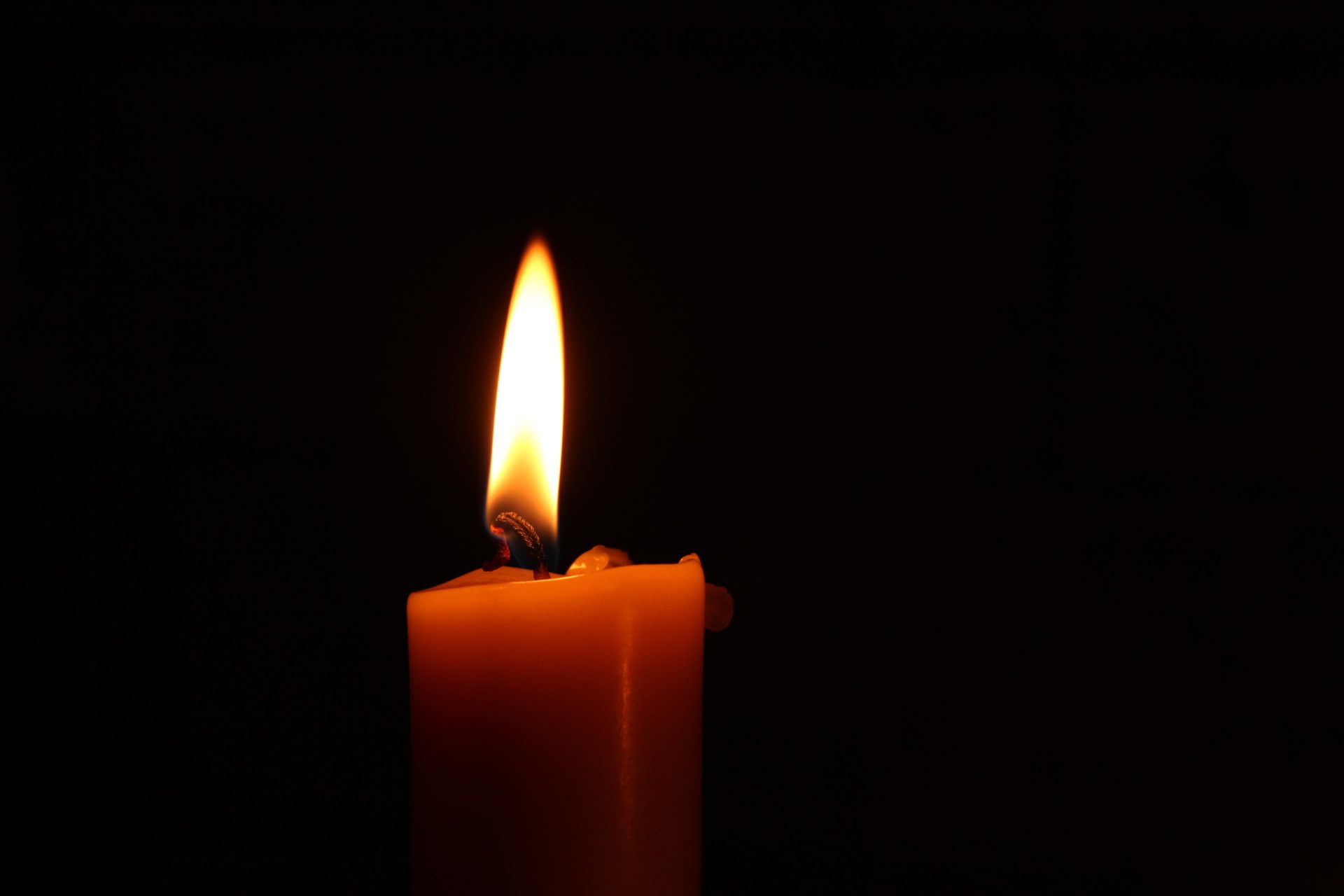
A single burning candle surrounded by darkness.
Photo by David Tomaseti on Unsplash
Jesus wept, and so do I
The Disability Day of Mourning is observed every year on March 1 to grieve the loss of disabled people killed by family members, whether through direct action or neglect. In 2022, at least 102 disabled people were killed by their family members or caregivers worldwide, according to the records gathered by the Disability Memorial. More than half of those deaths took place in the United States.
This only includes deaths that were recorded in the news.
This does not include people who died because their doctors provided insufficient medical care to someone they deemed to have poor quality of life.
This does not include people who died of suicide, despairing of life in an ableist world, or unable to get the treatment and support they needed.
These 102 deaths are only a fraction of the story, and as I read the names and news reports that make up this fragmented story, they break my heart. And the words people say about the dead, they break me, too. Words like “hard to handle” and “he did the best he could with the situation.” Words that imply that murder is the best an exhausted caretaker can do, given the situation. That this disabled person deserved to die, for the crime of being so difficult to care for. Sometimes legal rulings say so more explicitly, when they fail to take the murder of disabled people as seriously as other murders.
I weep, and I remember that Jesus wept. He mourned for his friend Lazarus, even knowing that he would rise again (Jn 11:35). He wept in the Garden of Gethsemane (Mt 26:36-46; Mk 14:32-42; Lk 22:39-46), and cried out on the cross, even knowing that he would rise again (Mt 27:46-50; Mk 15:34-37). I wonder if he could have raised Lazarus, or himself, without first grieving: turning toward the pain of loss and injustice, refusing to pretend it is not there.
I believe in a world where we do not need a Disability Day of Mourning. I believe in a future world where our own families do not kill us. Every time communities come together to care for one another—to provide food, change diapers, drive to doctors’ appointments, listen to needs, and give agency to the person in need—I can almost imagine what it would feel like not to read a list of 102 names.
But we aren’t there yet. And so today I weep.
I invite you to weep with me. Jesus is here already.
The views expressed are those of the author and not necessarily those of American Baptist Home Mission Societies.


